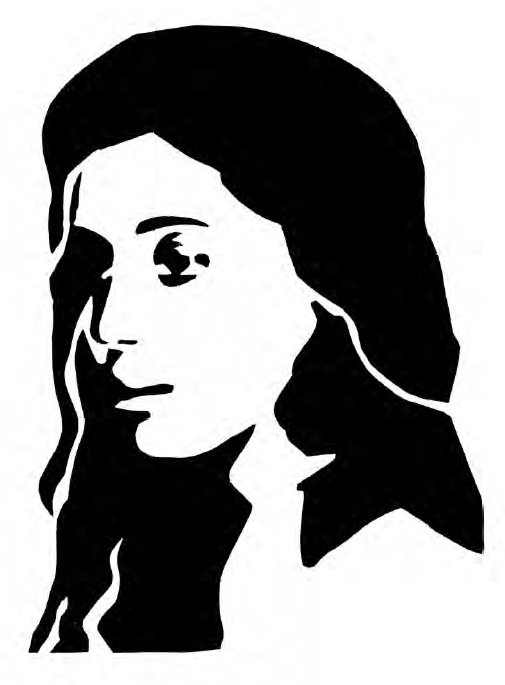

Djamila Bouhired is an Algerian Nationalist, an Arab Muslim, and a feminist. She fought colonial rule and was captured, tortured, sentenced to death and went free. She was born in the Casbah, in Algeria’s capital, Algiers, to a middle-class family, and was educated at a French school. While a student activist, Djamila joined the Algerian National Liberation Front (FLN) and became the liaison officer and personal assistant to FLN commander, Yacef Saadi.
In 1957, during the long and bloody war of Algerian independence, Algiers was placed under French military control as a response to a series of armed attacks by urban guerrillas and the FLN’s call for a general strike. Women wearing the veil could more easily carry out resistance work than men, and Djamila and other women held meetings in the Casbah, urging people to continue with the seven-day strike. She was a fiery speaker and had the advantage of speaking the local Casbah dialect.
In April 1957, during a confrontation between resistance fighters and French troops, Djamila was shot in the shoulder. She was subsequently captured and accused of planting bombs, namely the “Milk Bar” bomb of September 30, 1956 that killed eleven people and wounded five. Following her arrest, Djamila was tortured for seventeen days. She admitted being a rebel courier, denied she had any part in the bombings, and refused to disclose the hiding place of Yacef Saadi.
In court, she was defended by French lawyer Jacques Verges. Rather than protest her innocence, her defence challenged the court’s right to judge her. “The truth is that I love my country; I want to see it free. And it is for this and this alone, that you have tortured me and are going to condemn me to death. But when you kill us do not forget that you are killing your own country’s tradition of liberty.” She was convicted of terrorism and sentenced to death, but a media campaign instigated by Verges resulted in overwhelming world condemnation of the decision. Her execution was blocked: Djamila had become an international symbol of anticolonialist resistance.

She was released from prison in 1962 when Algeria won independence. She toured Arab countries as a folk heroine in the following year, married Jacques Verges, and had two children.
Unfortunately, the participation of women in the war did not lead to gains for women in independent Algeria. Speaking in 1971, Djamila said: “We are still in a struggle to make our new country work, to rebuild the destroyed family, to preserve our identity as a nation. In the future, perhaps we will arrive at a kind of life where men and women relate on a more friendly basis. I hope so.”
In 1981, she and other women took to the streets to protest a conservative family code proposed by the government. The proposed bill was withdrawn, but the government passed a similar family code three years later. In 1992, Djamila led demonstrations against the Family Code, which puts women under the control of their fathers or husbands.
“The day I was sentenced to death was the most beautiful day of my life. Because I was about to die for the most beautiful cause on earth.”